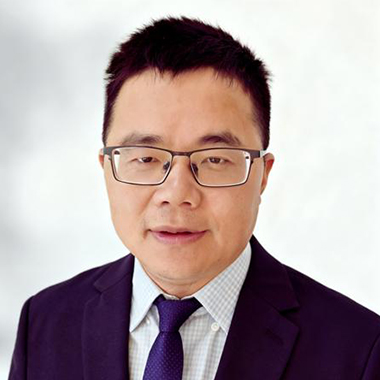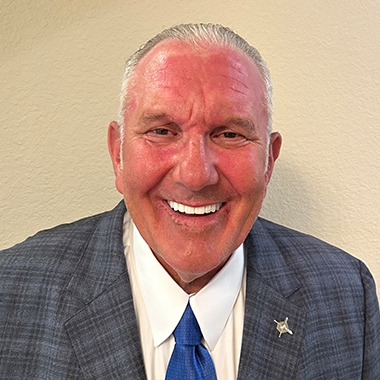Alumni profile: Lei Chen

Without Michigan State University, the career of Lei Chen may have looked very different.
While earning her PhD in statistics at MSU, Chen developed the skills and connections that led to a successful career in risk management.
Currently, Chen serves as the Head of Lending Fraud Strategy for Consumer and Community Banking at JPMorgan Chase. She is responsible for fraud strategy for CCB lending businesses (e.g. credit cards, auto loans and business banking lending) by developing data driven strategy and tools to detect fraud more effectively and efficiently. Prior to joining JPMorgan Chase, Chen was Managing Director and Head of Fraud Management at Goldman Sachs. She also spent over 20 years in various roles at American Express.
Her journey began after earning bachelor’s and master’s degrees in statistics from Fudan University in China, followed by her doctoral studies at MSU. Her time in East Lansing paved the way for an impressive career, starting with her two-decade tenure at American Express.
It all started at MSU ...
Chen credits MSU for launching her career:
“Without my training at MSU, I would not have been able to land my first job,” she said. “MSU helped me build a technical foundation for risk management, which requires strong data analytic skills.”
Her doctoral studies honed her problem-solving skills, while her experience as a teaching assistant and consultant at the Statistical Consulting Service helped her develop essential communication and interpersonal skills. This was housed in the Department of Statistics and Probability and later became the MSU Center for Statistical Training and Consulting (CSTAT).
“The teaching experience and consulting experience really improved my communication and interpersonal skills, which are critical for career advancement in any field,” she said.
As international students, Chen and her husband were paired with a host family who helped them embrace American culture. That family happened to be Fred Poston – former dean of the College of Agriculture and Natural Resources and vice president for operations and finance – and his wife, Charlotte.
“Fred and Charlotte took us under their wing and treated us like their own children,” Chen said. “We learned all aspects of American culture first-hand – Thanksgiving, Halloween, Christmas – even cutting down a Christmas tree. Because of that, we were able to assimilate ourselves into the culture and into a global company.”
Curiosity has made a difference
Reflecting on her career, Chen values her experiences in startup environments, launching new products like the Apple Card, and building high-performing teams at American Express and Goldman Sachs. She has also built strong partnerships and high-performing teams, and driven innovation in each role.
“My philosophy is to always find a way to do things better and faster,” she said. “I am proud of my experience in driving transformation in established businesses and achieving significant business benefits and improved efficiency.”
When asked what advice she would give to students, Chen emphasized curiosity.
“Always be curious,” she said. “Try to learn new technology. You do not have to be an expert in AI algorithms, but understanding the trends and applying them is important. Having a basic understanding will help you discuss and eventually use it in the workplace.”
AI and soft skills can build a career foundation
Chen noted that AI and emerging technologies are transforming the field of statistics and risk management.
“In risk management, we are adopting more machine learning and AI technology to gain insights from the data to develop business strategy.” she said.
Chen also emphasize the importance of complementary skills.
“At any job, the ability to get things done is important,” she said. “Students should ask: What skills do I need to accomplish my goals.”
As her career progressed, Chen took on leadership roles, finding strategic vision and communication essential for success:
“To rally a team, you need a vision. Communication and storytelling are key to getting people excited and aligned. on a vision.”
“You also need to build trust and followership so people want to work with you and for you. When you achieve that, you create a multiplier effect, which has been invaluable in my career.”
Graduating from MSU with both technical and soft skills gave Chen a strong foundation. But it was her connections peers and professors that helped her land her first job – and build a successful career.
“I got my first job because I was referred by a fellow MSU PhD graduate student,” she said. “He graduated one year before me and got a job at American Express. When there was an open position, he reached out to me. That connection made all the difference.”
“My jobs at Goldman Sachs and JP Morgan Chase were the result of referrals – either from my mentor or colleagues I had strong relationships with. Building strong networks is vital for career growth.”
Without MSU, Chen’s path might have unfolded very differently. Because of the skills she gained and the relationships she formed, she’s been able to navigate a remarkable journey in risk management. Her experience at MSU didn’t just help her land her first job—it set the stage for a career defined by innovation, leadership and lasting impact.
- Categories:



